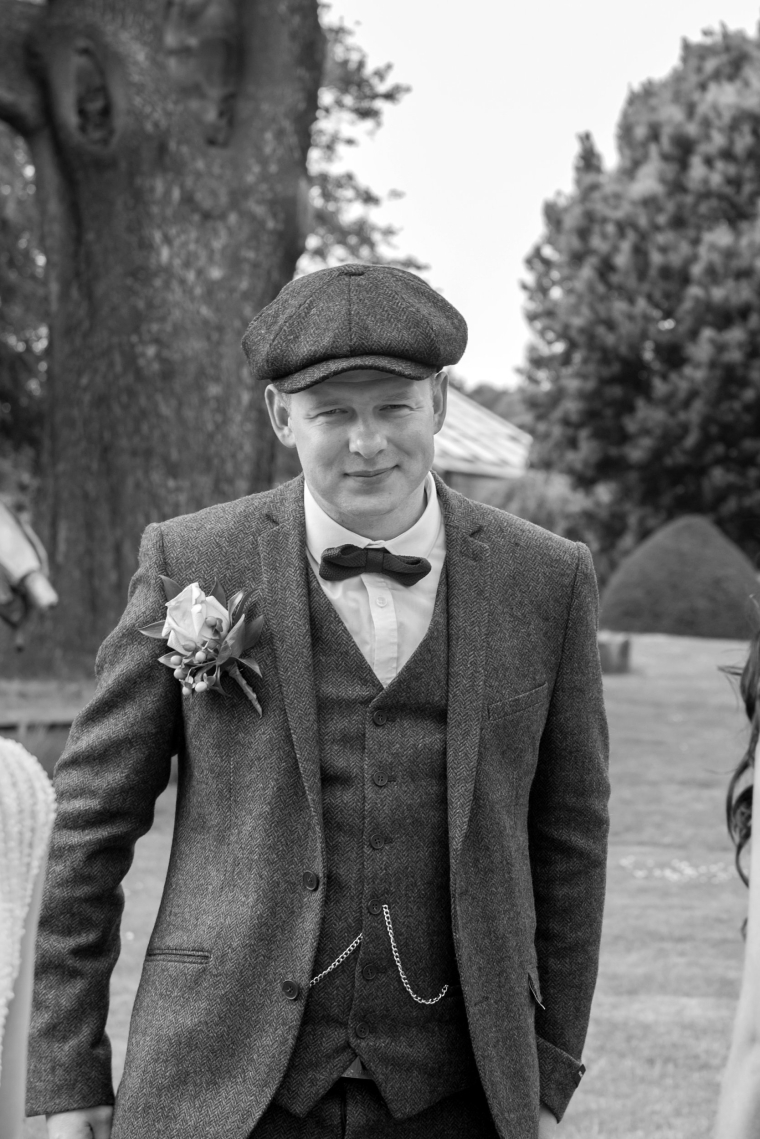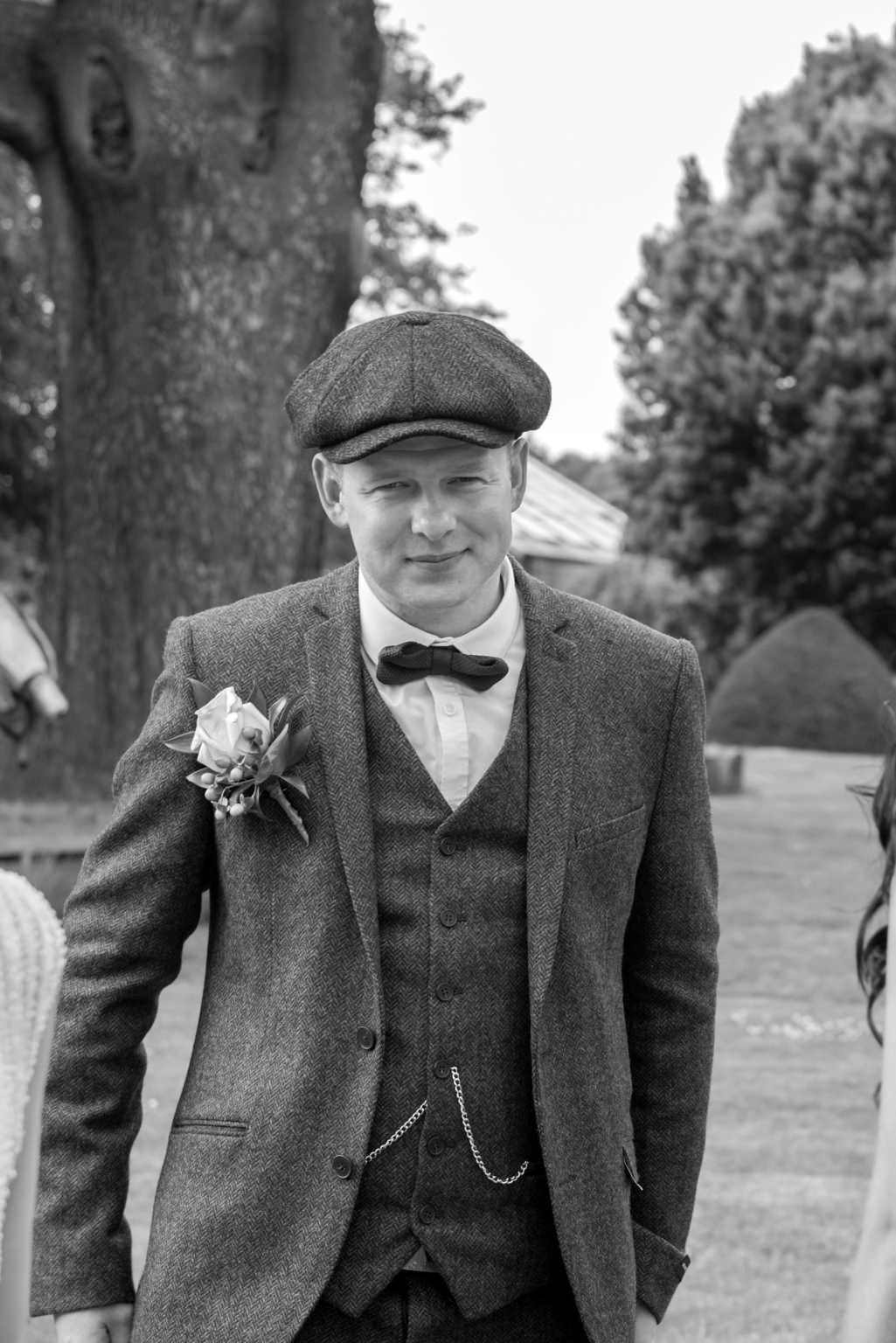A “bright and bubbly” family man who took his own life was showing clear signs of gambling escalation but companies allowed him to carry on betting, an inquest into his death has heard.
Luke Ashton took his own life in April 2021, aged 40, having managed to keep his addiction secret from wife, friends and colleagues. He made up to 100 bets a day on sports such as horse and greyhound racing, and women’s netball.
The coroner has made Flutter UK & Ireland, parent company of Betfair where Annie Ashton said her husband gambled most frequently, an Interested Person in the inquest. It is thought to be the first time a gambling operator has been formally involved in an inquest, which is examining whether Betfair could have done more to intervene.
Professor Dame Clare Gerada, President of the Royal College of GPs who specialises in addiction issues and set up the Primary Care Gambling Service in 2019, told Leicester Coroners’ Court she had reviewed 5,000 pages of evidence prepared for the inquest and could see “a clear pattern” of escalating gambling use in the months before Mr Ashton’s death.
“There is evidence of [Luke] gambling hundreds of times a day, small amounts like £1, but hundreds of times while his wife was away,” she said.
In a report on his death that was put together for area coroner Ivan Cartwright, Dame Clare said she believed Mr Ashton was suffering with a “longstanding and pervasive gambling disorder” and not depression. She told the court it was not important to classify the level of a gambling addiction, for example whether it is “severe” or otherwise, rather the impact that addiction has on the individual and their loved ones is what counts. She said Mr Ashton’s gambling disorder was a “significant” factor in his death.
Earlier, Mrs Ashton gave a powerful statement describing her husband’s life and the impact his death has had on those who loved and knew him. The couple had first met at secondary school in 1992 before going their separate ways after graduating. The pair reunited via Facebook 10 years later.
Mrs Ashton told the court: “As far back as I remember, Luke was a bright, happy and bubbly person, who easily made friends… As a husband and a father, Luke was nothing short of supportive and proud. Luke supported me emotionally, mentally and financially, through my years training to become a teacher and for that, I was eternally grateful. He valued spending time with me, his wife, and making memories with our children.
“He was a sensible and genuine man but above all, a man of integrity. Our children wanted for nothing, he was a real rock to us all, but in reality, he masked his own pain, to protect us from what he was going through.”
Mrs Ashton said her husband did not suffer from mental health problems, led a happy family life and had “a good work ethic”.
She told the court: “However, Luke was suffering from a gambling addiction and unfortunately this was an illness he did not understand or recognise. I believe Luke blamed himself, not knowing the facts about his illness and consequently was consumed by how it made him feel. Luke did not want to die, he had everything he wanted. The only thing he did not want was the pain and harm he was experiencing from gambling.”
In summer 2019, Mrs Ashton said her husband told her he could not afford to buy her a birthday present and that money was tight. Mr Ashton, who was on furlough from his job in a printing company, had a history of gambling problems but Mrs Ashton thought he had stopped two years earlier. It was only when she found a letter about a loan for around £18,000 that he finally admitted the extent of his betting.
After her husband’s death, Mrs Ashton looked at her husband’s phone and discovered he had been gambling in secret through the pandemic – at a time when the Government and the Gambling Commission had issued statements about increased risks of gambling-related harm.

Mrs Ashton recalled the day police knocked on her door to tell her that he had killed himself. “I felt my world shatter into a million pieces. Over time, I somehow had to put those pieces back together but half of them will be gone forever,” she told the court.
“It is not just me that feels the huge loss, the children, the family, friends, work colleagues…we are all broken and traumatised. Our lives have been changed forever and there are no tools in this universe that can fix the damage caused because nothing can ever bring Luke back. It hurts.
“But no matter how much pain and harm we are feeling, it cannot be as excruciating as what Luke was feeling before his death because ultimately for him, he felt that the only way to make it stop was by losing his place on earth with the people he truly loved.”
The court heard that Mr Ashton had not been honest with his wife or his work colleagues about where he was on the day of his death. He had left a number of notes for his wife and children that mentioned gambling twice and he admitted he was suffering with “demons”.
Barrister Philip Kolvin, representing Flutter UK & Ireland, said the notes suggested Mr Ashton may have been suffering a mental health condition that pre-dated his experiences with gambling. However, when asked by barrister Jesse Nicholls, who was at the hearing representing the Ashton family, if Mrs Ashton believed her husband’s death was caused by gambling, she replied: “Yes.”
In a statement issued before the inquest resumed on Wednesday, Ian Brown, chief executive of Flutter, said: “We wish to reiterate our sincere condolences to Mrs Ashton and her family. We are truly sorry for their loss. Across Flutter UKI, we are absolutely committed to safe gambling and to protecting all our customers. We hold ourselves to the very highest standards in the industry.
“We are constantly learning and updating our processes and we have made many changes over the past three years to make gambling with our brands even safer. We will, of course, incorporate any additional learnings from this tragic case into our controls.”
The hearing continues.
